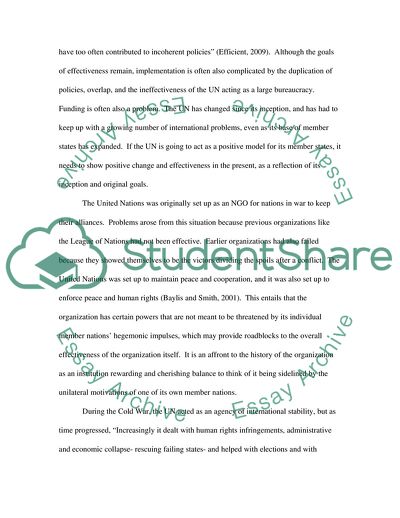Cite this document
(How the UN Can Be Effective, and Obstacles Which May Exist in the Way Case Study, n.d.)
How the UN Can Be Effective, and Obstacles Which May Exist in the Way Case Study. https://studentshare.org/politics/1724917-international-relation
How the UN Can Be Effective, and Obstacles Which May Exist in the Way Case Study. https://studentshare.org/politics/1724917-international-relation
(How the UN Can Be Effective, and Obstacles Which May Exist in the Way Case Study)
How the UN Can Be Effective, and Obstacles Which May Exist in the Way Case Study. https://studentshare.org/politics/1724917-international-relation.
How the UN Can Be Effective, and Obstacles Which May Exist in the Way Case Study. https://studentshare.org/politics/1724917-international-relation.
“How the UN Can Be Effective, and Obstacles Which May Exist in the Way Case Study”. https://studentshare.org/politics/1724917-international-relation.


